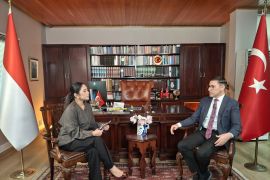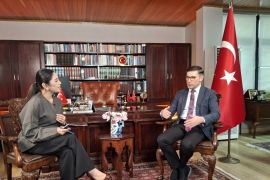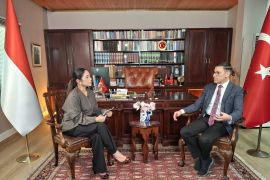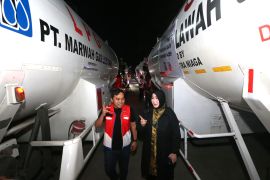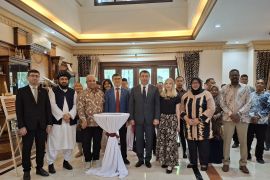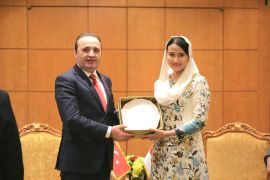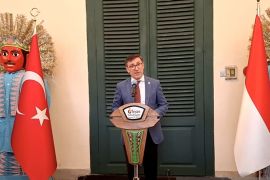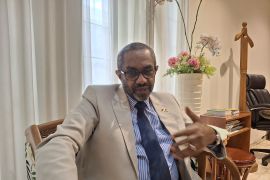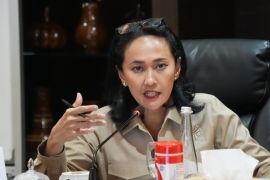"The statement distorts the historical facts. Therefore, we find it very problematic and deeply regret it... One-sided statements that interpret controversial historical events by a selective sense of justice prevent understanding of the truth," the foreign ministry said.
"We expect the United States to facilitate the normalisation process between Turkey and Armenia, and not to make it more difficult," the statement added.
In an annual message commemorating the World War I massacres, Obama on Saturday stopped short of using the "genocide" label that Turkey, a NATO ally, fiercely rejects, while urging "full" acknowledgment of the "horrific events."
On April 24, 1915, the Ottoman authorities rounded up more than 200 Armenian intellectuals and community leaders in Istanbul in a clampdown that was followed by massacres and deportations.
Armenians say up to 1.5 million of their kin perished by 1917, pressing a campaign to have the killings internationally recognised as genocide.
Turkey, successor of the Ottoman Empire, counters that 300,000 to 500,000 Armenians and at least as many Turks died in civil strife when Armenians rose up against their Ottoman rulers and sided with invading Russian forces.
"We wished that the president of the United States, our friend and ally, had shared the pain of the Turks as well and issued a message ... with a fresh perspective," Foreign Minister Ahmet Davutoglu said in the nortwestern city of Canakkale, according to Anatolia news agency.
In 2009, Turkey and Armenia signed landmark accords to end decades of animosity, establish diplomatic relations and reopen their border.
But the reconciliation drive faltered amid mutual accusations that the other side was not committed to the terms of the deal, prompting Armenia to freeze the ratification process accords in April 2010.
"Despite all attempts to interfere with the writing of history... we will maintain our determination to reach a just memory and build a common future with Armenia," the foreign ministry statement said.
The massacres have long been a taboo in Turkey, but a public debate has begun in recent years, with more and more historians and intellectuals questioning Ankara`s official line and urging reconciliation.
Rare commemorations of the victims were to be held in Istanbul and Ankara later Sunday, organised by a platform of intellectuals campaigning against racism and nationalism.(*)
(Uu.SYS/B002)
Editor: Ruslan Burhani
Copyright © ANTARA 2011


